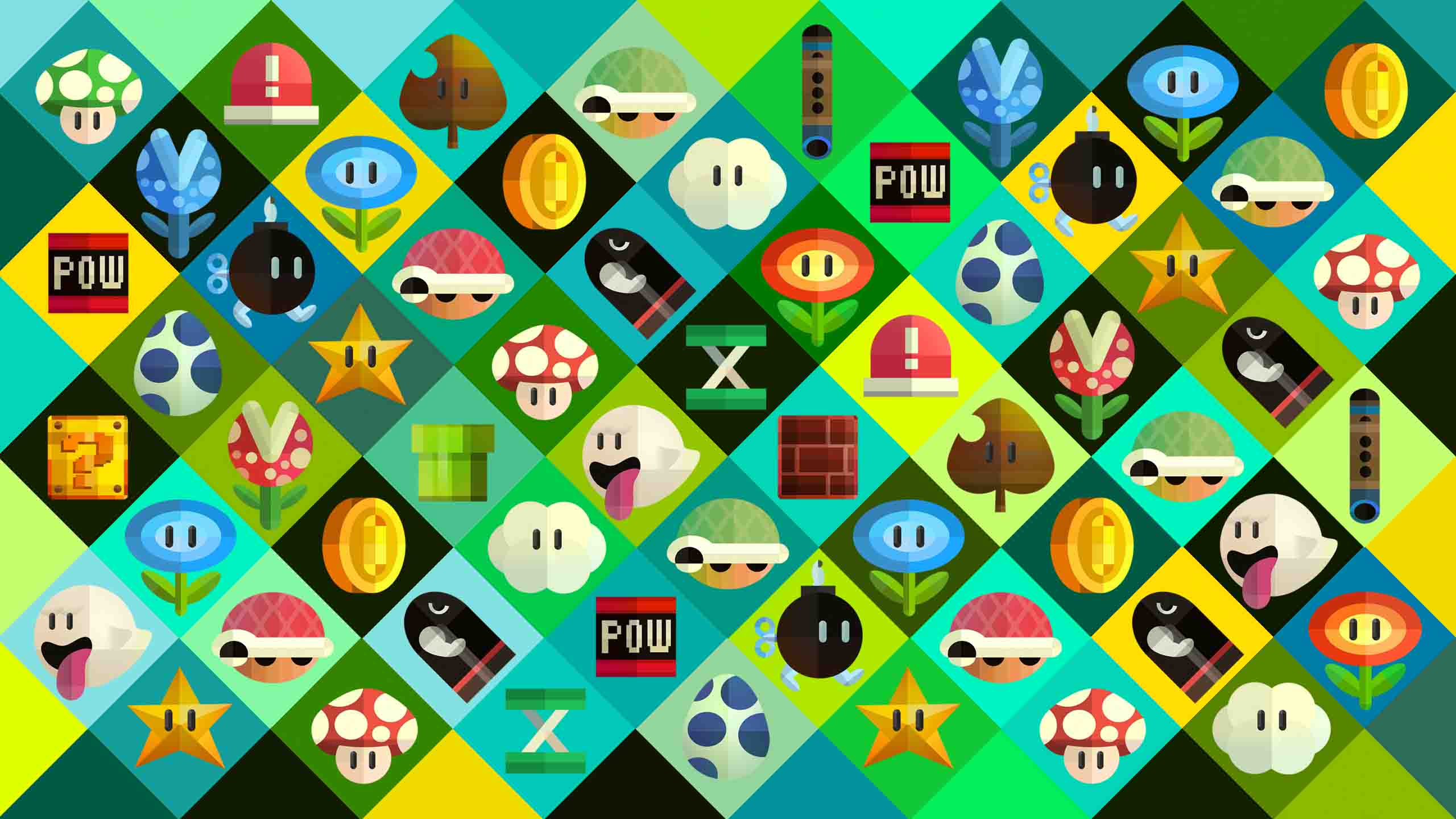I’ve been a fan of game development since I arrived at Kansas State University in 2005. In 2008 the world opened up to touch interfaces and the passion magnified immensely. I ended up building several small 2D games before jumping on a different path. Through the years I’ve learned that game development is no trivial learning experience. It takes serious commitment, patience, and the right network to create something really special. Above all, it can be really fun.
Let’s get to our next reader question:
[alert color=”blue”]Sarah Asks – “I want to build a game for iOS, but I don’t know where to start. Do you have any advice?”[/alert]
Learning how to build a game is pretty tough. I’m not going to sugar coat it. It requires a lot of skill in various realms depending on what game you decide to make. Learning will take time and it will really test your patience. That said, I’ve been around this block a few times and I’ve learned a few things.
Stay Small
Don’t let your ideas balloon to something resembling a magnificent Massively Multiplayer Online Game like World of Warcraft or Everquest Landmark. These games require an immense amount of resources. At the same time, even role playing games fall into this category. Given the story, characters, cities, and all of the other details, it becomes very difficult to build. The key is finding something that you can complete. Finding something small enough to keep your attention.
Independent developers can easily spend 2-3 years on a project if they are very serious about selling it and making money. Part of this time-consuming effort comes from needing to analyzing how people play the game. They’ll find play-testers to validate if something they built was fun. If it wasn’t fun then they’ll refine it or completely scrap it.
So my advice here would be to find an idea that’s small enough, and that you don’t really care sells. Avoid those burdens right out of the gate.
Learn how games are created by building a favorite retro game of yours. My first game was sliding puzzle. My second game was a breakout clone. These two projects were nothing special, but they gave me the time to learn how games actual function.
Find a Partner
I can’t stress how important it is to find a friend to build a game with. If you’re a programmer, find a friend who can work on the artistic stuff. It’ll make the experience much more enjoyable. If you’re just learning how to build games, learn together!
Minimize Distractions
Game development is tough. Try to identify a few things up front. Are you good at math? If not, you may want to stay away from 3D games for a while. Do you enjoy low-level theory or computer science problems? You may want to stay away from writing your own game engine to power your game. Do you love puzzle games? Focus on building them!
Cocos2D, Sprite Kit, Unity
If you’re just starting out I would recommend that you start your journey with Unity instead of worrying about learning how to write Swift/Obj-c. There are a few reasons for this.
- Build a game. Don’t wrestle with the tools or the languages more than you need to
- Using a visual editor will speed up your development time and learning
- Choosing to distribute your game on more platforms becomes much easier
- The technical knowledge is reduced, which is really important when you’re learning how everything works
- Great documentation and an even better community (independent game developers are pretty awesome)
Wrapping up
Finally, don’t feel like you need to go to some kind of university or special game development school in order to learn how to build games. If you’re truly passionate about games you’ll be just fine, but recognize that playing games does not equal making games. When you’re building a game you’re staring at it everyday for a long time. It’s going to become boring at some point. You can help that by procedurally generating your gameplay.
It’s going to take a while to really learn how players think and what they find fun. You’re going to want to let people play your game as soon as you can get a working prototype.
Takeaway
Those are some of the key thoughts behind learning game development these days. It can be a really fun endeavor but knowing where to put your attention can be incredibly tough given how much depth there is to game development. Huge game development studios can easily spend 3-4 years on a game with hundreds of people on the team. As an independent developer you’ll need to be smart about where you focus your time and energy.
Your Turn
Are you learning to build games? Let me know below if you have any questions.

Leave a Reply